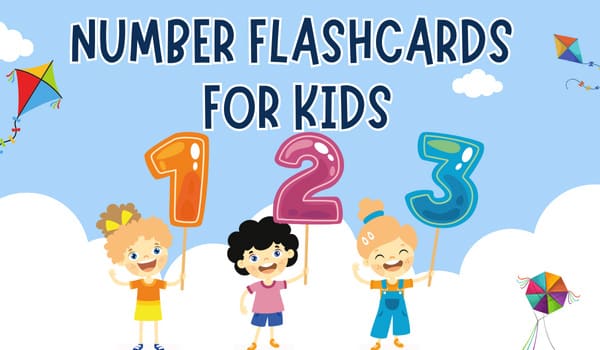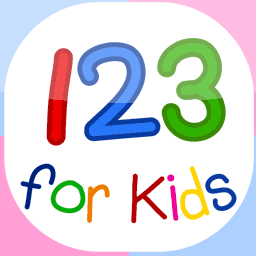It appears that preschoolers are destined to see numerical sequence—along with the premise of all later arithmetic—in their general surroundings. Also, as they develop more established, they begin to look all starry eyed at numerosity’s friend, counting. However, we need to understand the importance of counting in preschool
Verbal Counting and Counting Collections:
Not at all like knowing which of two collections is bigger. Or that adding one item to a lot of articles makes the subsequent set bigger. Counting requires the help of an increasingly proficient other. Regardless of whether that individual is a parent, guardian, instructor, or companion.
ngth of time, kids’ rhymes, games, and tunes have made counting easy. Little kids joyfully sing melodies in which ducks vanish and monkeys tumble off beds.
In any case, counting isn’t simply knowing the number words. The importance of counting in preschool can be judged by the following facts. It likewise requires the capacity to check a lot of items (or even sounds or motions).
- Coordinated correspondence
- Stable number word request
- Cardinality (the last number word in the check speaks to the numerosity of the set),
- Request immateriality (articles can be included in any request), and
- Reflection of the concept of counting
Sound confused? It is! Something we grown-ups underestimate as “basic” is quite mind-boggling.
Also, checking is primary to later math improvement. So as to build up a solid comprehension of the amount. In the long run, how to control amounts (like including, deducting, or reasonable sharing—what we call tasks). Kids need a wealth of checking encounters. Counting is practically programmed.
Helps kids understand the Importance of counting in preschool:
Offering help for little kids as they gain mastery in considering isn’t simple as 1, 2, 3. Kids should feel connected with and create calculated understandings through significant exercises, which takes ability with respect to the instructor.
Instructors of little kids should have the option to give both arranged and unconstrained counting openings. This can be hard to do in a true manner. Requesting that kids check objects. When, to them, there have all the earmarks of being no motivation to utilize that data can make kids safe. Educators can, in any case, call attention to the helpfulness of knowing what number is. Moreover, energize the utilization of that information.
A collection of individual and little collection checking exercises is basic for kids to sharpen their counting aptitudes. On and On, exercises that can be utilized in study hall changes (for example washing hands, setting tables, etc).
Math is too critical to even think about leaving to risk learning in the homeroom. Checking exercises ought to be deliberate, intentional, fun-loving, and FUN.


